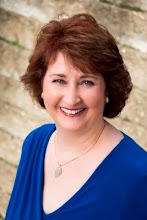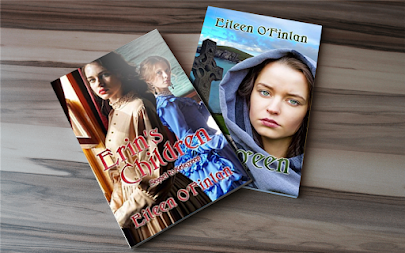Visit B.C. Deeks' BWL Author Page for Book and Purchase Information
http://bookswelove.net/deeks-bc/
The prestigious ScotiaBank Giller Prize was announced in
November, thus prompting my usual frustration with the bias that exists between
literary fiction and what is most often referred to as popular or commercial
fiction. What’s the difference you may ask? Well, the biggest difference in my
humble opinion is in recognition, and maybe even respect.
The differences were never clear cut and are becoming less
so with the emerging publishing landscape. Literary stories with crossover appeal have publishers, agents and even
some readers referring to ‘upmarket fiction’ to further classify such novels although
you won’t find that category on a bookshelf or on Amazon.
At first blush, one could say that popular fiction is written
more to please the audience while literary fiction aims to reflect on the human
condition. Genre fiction, it is argued, is more formulaic, but this is a
response to its need to meet reader expectations. A ‘romance’ story must have a
‘happily ever after’ or it simply is not a romance. Yet within that expectation
is an endless variety of paths with an even greater number of deviations. Our
readers love to be surprised and delighted before they reach the anticipated
ending. And didn’t Jane Austen’s, Pride and Prejudice end with a Happily Ever After?
Within the ongoing debate between popular versus literary
fiction, most people argue four key points: theme/ scope, plot driven versus
character driven, time/reputation, standard of writing. I would argue there’s
also a fifth factor: money! Modern Literary Fiction holds only 16% of the
market, whereas the top five most profitable
categories on Amazon.com are:
- Romance/Erotica ($1.44 billion).
- Crime/Mystery ($728.2 million).
- Religious/Inspirational ($720
million).
- Science Fiction/Fantasy ($590.2
million).
- Horror ($79.6 million).
I think we can all agree that popular fiction leans towards
more adventurous or sensational subject matter and they traditionally fall into
convenient categories such as crime fiction, romance, science fiction, fantasy.
In the new digital publishing age, those well-defined and predictable lines are
breaking down and the blending of genres is commonplace. I write paranormal
mysteries with romantic elements. Paranormal romance is one of the most popular
subgenres. A renowned Canadian astronaut wrote an outstanding
science fiction murder mystery!
What about the question of literary books having a deep
theme that popular fiction lacks? In my current series, Beyond the Magic, three
supernatural siblings lost their mother in childbirth and have a father who is
too ambitious and career driven to focus on raising them. Together they must face
life altering threats to their world and unravel an ancient prophecy. I would
argue that is an overarching theme of the power of family ties that bind.
Perhaps in literary fiction the emphasis on the theme is more overt than in
popular fiction, but that depends on the author.
Some people say that literary fiction is more character
driven while genre fiction is focused on plot, yet I, like most of the authors
I know, spend considerable upfront time creating character profiles with
associated emotional arcs that I carefully weave through my plot outline. Some
author friends say it is a character who appeared to them first, anxious to
tell their story.
Historically speaking, there are works of popular fiction
that, solely through the passage time, have become elevated by those in
authority to the status of literary classics, such as the works of Lucy Maude
Montgomery or Daphne DuMaurier. And, alternatively, literary works have
gained popular or commercial attention decades after publication, like Margaret Attwood’s, A Handmaid’s
Tale.
The final and often snide criticism about popular fiction
refers to its standard of writing. While my back instantly goes up at such
comments, my objective self will admit there is a sliver of truth in this one
factor. Not about standard from a quality perspective, but in level of writing.
This again points back to the audience. Popular fiction authors want to reach
as many readers as we can, so we write to the reading level of the majority of
the population. We choose the best possible words to communicate the emotion,
setting, and action required to move our story forward, draw our reader into
our imaginary world and let them leave it feeling entertained. Most typically,
literary fiction is profoundly philosophical about human nature and the meaning
of life. Its audience does not expect it to conform to any scope and genre conventions,
or language accessibility.
As the publishing world evolves, the boundaries between
literary and popular fiction will continue to blur, although I don’t believe
the two will ever completely merge. That fundamental difference in audience
expectation will remain wedged between them for a long time to come.
My books may not be a good fit for the Giller Prize, but I
am proud to write heartwarming stories of mystery and magic that readers from
their teens to their nineties can enjoy. My neighbor recently sat beside her
aging mother’s sick bed and swept her away by reading my latest book, Witch
Unbound, to her. I hear she thoroughly enjoyed it! I am honored that I
could do that for her as a writer.


















.jpg)



.jpg)





















